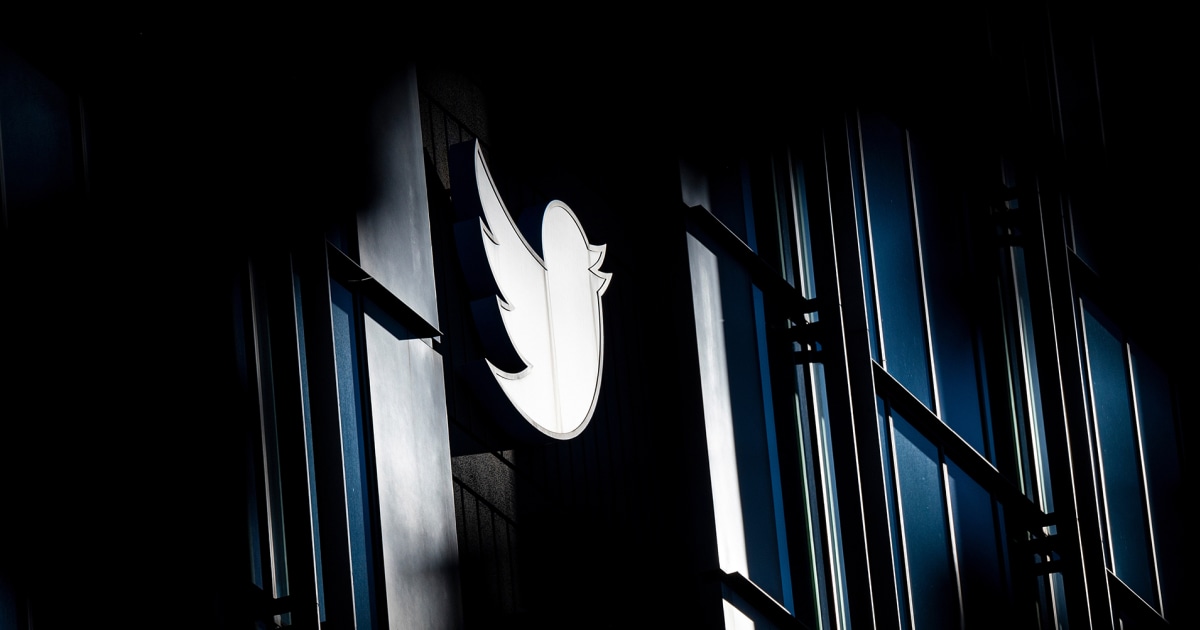Dan Morse isn’t sure what to make of his popular Twitter account, @would_it_donga Twitter bot with more than 179,000 followers that measures the distance of home runs and tracks whether they would count as home runs in other Major League ballparks.
Morse is one of many developers in limbo after Twitter said last week it would start charging people like him to automate accounts on the platform. And while the idea of bots now often conjures up notions of nefarious state-based disinformation campaigns, many bots like Morse’s are labors of love that don’t generate any revenue.
Morse said people have approached him suggesting he try to raise some money for the account, but he has little desire to go down that path.
“I would really prefer that this bot not cost anyone money,” Morse said.
The initial announcement about Twitter’s switch to its API, short for application programming interface, came Thursday when The Twitter developer account tweeted that access would no longer be free. The same account also announced that this Thursday the prices of a staggered payment system will be announced.
A viral screenshot of an older pricing structure quickly sparked a mix of shock, outrage, and resignation from developers.
Some took their concerns directly to Elon Musk, owner and CEO of Twitter, who said the current API was being abused by «bot scammers and opinion manipulators.» Two days later, Musk, in response to concerns about an account that track the comings and goings of a catHe said he would modify the new rules.
«In response to feedback, Twitter will enable a lightweight write-only API for bots that will serve up great content for free.» Musk tweeted on Saturday. While this brings some relief, the vague nature of «good content» still leaves many in the dark.
Many automated accounts rely on the Twitter API to function, which provides a way for a developer to write a program that automatically interacts with the platform. Twitter released its API in 2006inviting people to come up with ways to create bots that users might like.
Now, the developers have created a wide range of accounts that post everything from emergency notifications to Taylor Swift lyrics. Many of the developers and groups behind those accounts have said that charging for API access could mean they can’t keep their bots running.
«If this change goes through, we will no longer be able to send emergency notifications via Twitter.» tweeted Cumberland Goodwill EMS, serving an area of over 63,000 in central Pennsylvania.
bill snitzera Los Angeles-based developer behind the EQBOT service which provides earthquake information for the Los Angeles and San Francisco area, as well as global earthquakes greater than 5.0 magnitude, said each of the five bots within its service has its own Twitter page and followers. Snitzer was able to monetize his services, earning a small amount through an Amazon affiliate link. However, he said the API price was «kind of slapped in the face.»
“This is the dissemination of important information that could potentially disappear,” said Snitzer, who built the bots more than 10 years ago. “I am a bit forced to pay the money, and I don’t like that. It’s kind of an awkward ethical dilemma.»
For researchers, the free API ensures access to vital data. Sol Messing, an associate professor at New York University’s Center for Politics and Social Media, said his work relies heavily on the Twitter API to gather information about the ways social media platforms are used. Messing said he anticipates the price of the Twitter API will greatly affect his projects, slowing down research and making coordination with other research groups more difficult.
“You really need third-party analytics on social media platforms to guard against potential harm to society,” Messing said.
On Monday morning, the nonpartisan Coalition for Independent Technology Research released a letter calling on twitter to «ensure that the APIs for studying public content on the platform remain easily accessible.»
Both Morse and Snitzer floated the idea of switching their services from Twitter to Mastodona decentralized social networking site, though both have yet to make the move.

